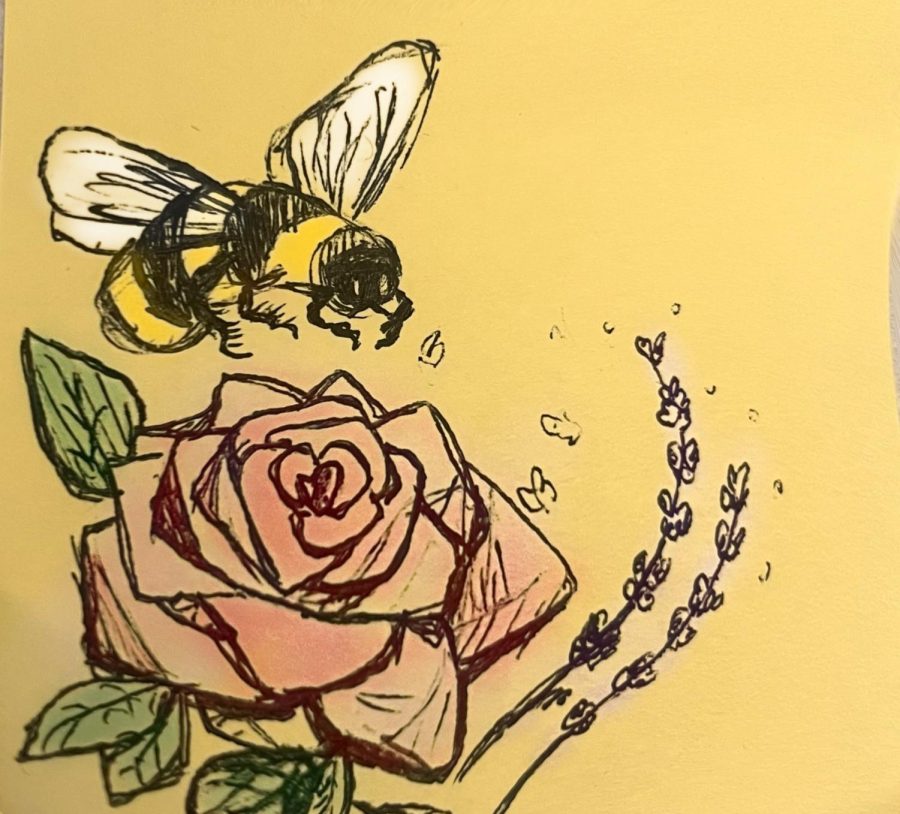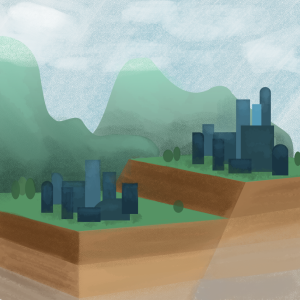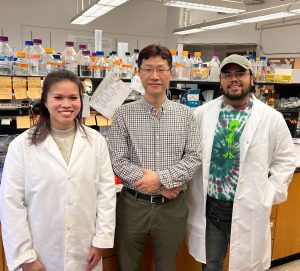UT study finds human land use contributes to increased parasitic infection in bumblebees
March 8, 2023
A recently published study by UT researchers found that increased amounts of parasites in bumblebees are linked to changes in human land use.
Lead author Nick Ivers said previous research of shrinking bumblebee populations due to increasing rates of parasite infections inspired this study. Ivers said parasites typically impact the environment in a positive way, but negatively affect bee populations that are not genetically diverse.
“In general, parasites have a positive effect on populations … they regulate population growth, they keep certain species from having population explosions,” Ivers said. “The trouble is when a parasite makes it into a host that is not prepared for the parasite … these parasites are also spreading into potentially new host species that they didn’t previously interact with, and those novel interactions are particularly dangerous or risky for the bees.”
The study found that the decrease in genetic diversity is tied to land use changes, such as increasing agriculture and urbanization. Ivers said once bees start to build a nest in one location, they stay in that location and need to have suitable nesting sites and flowers available nearby. Changes in land use can isolate bee populations, preventing them from getting the necessary resources, he said.
“There’s a pretty general trend that genetic diversity is directly related to immunological function, so populations that have genetic decline may be more susceptible to parasites,” Ivers said. “If habitats are really isolated that means that bee populations become isolated, which can lead to genetic decline, which can lead to a compounding of these extra stressors that are already having a negative impact on the bees.”
Shannon Henry, sustainability director of the Beevo Beekeeping Society, said in an email that protecting bees will help us preserve our food supply. She said actions need to be taken by big companies to save bees, such as reducing pesticides on farms or saving room for parks in urban development.
“Bees are integral to our ecosystems,” Henry said in an email. “As a whole, they fertilize plants and pollinate our food crops. They produce about one-third of our food supply.”
Although most changes in land use occur due to large company actions, Ivers said that there are a number of things individuals can do to protect bees in their surroundings.
“There are certain things that you can do that can promote bees wherever you’re able to promote bees,” Ivers said. “Planting flowers, leaving bare ground, not using pesticides as much as possible — these are all things that we can do individually that will help bees long term.”















